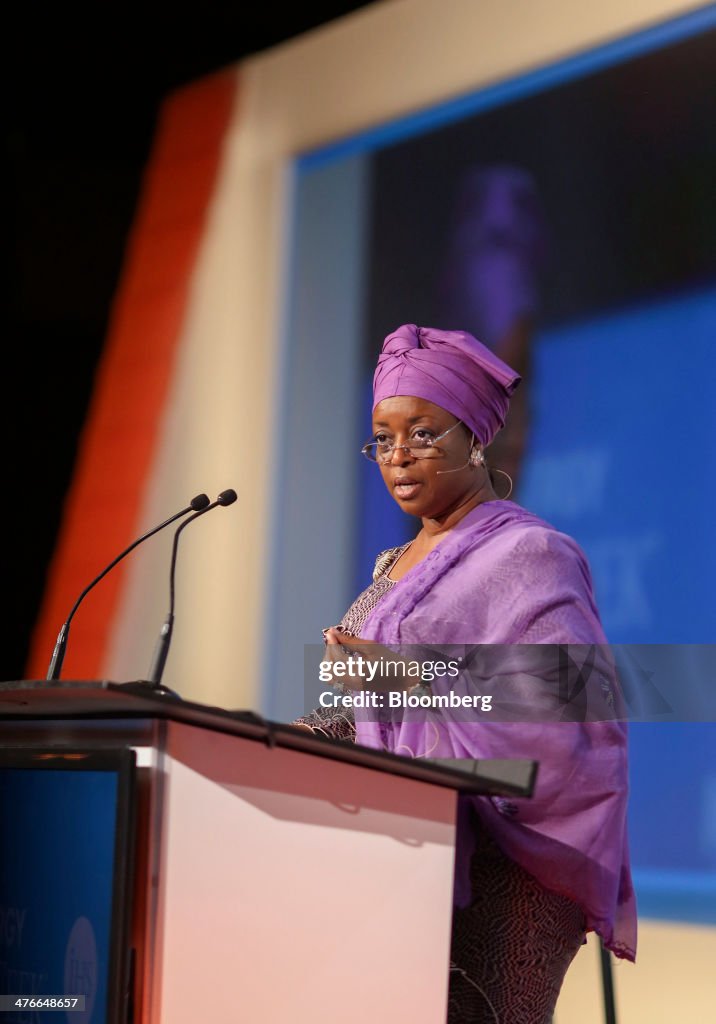Killing Mobs: In Nigeria, Alleged Blasphemy is a Death Sentence
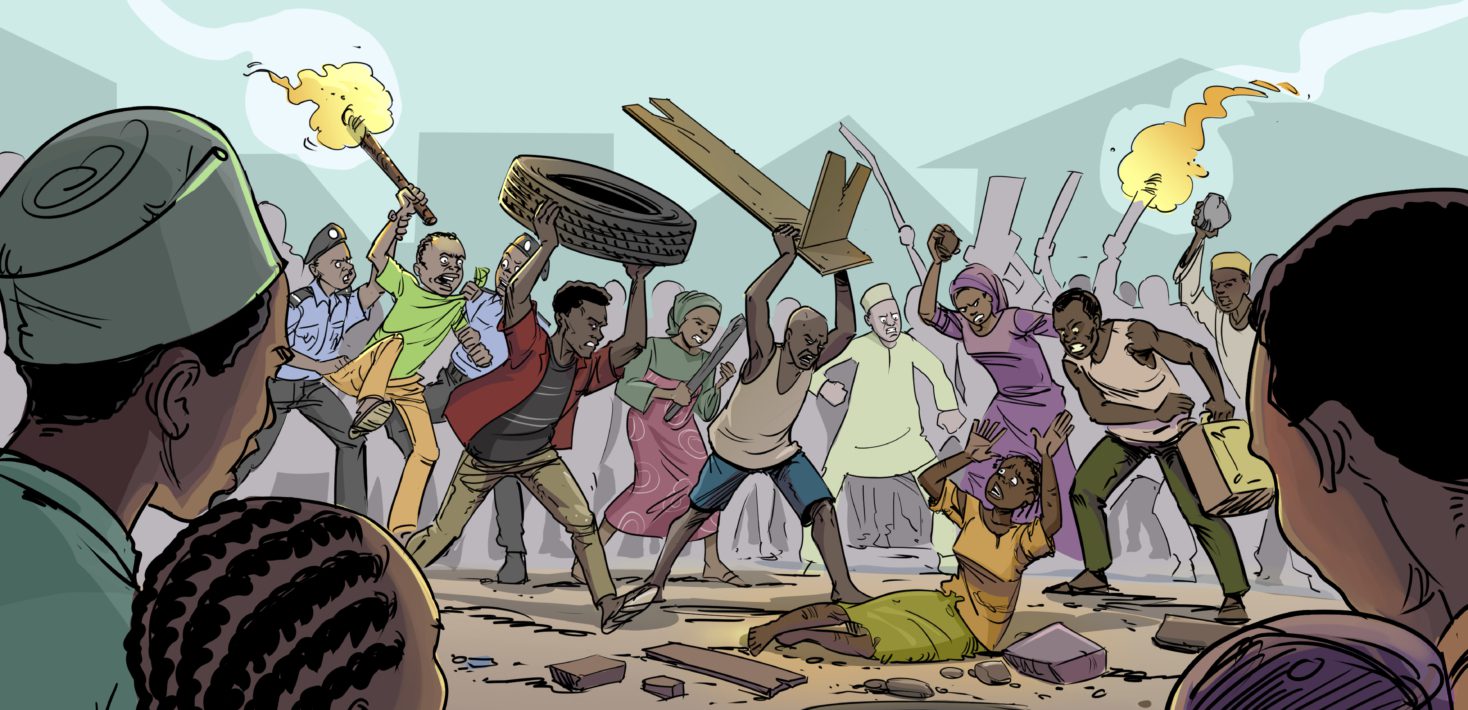
Despite Nigeria’s constitutional guarantees of freedom of religion and expression, religious-motivated mobs have continuously taken justice into their own hands to lynch, burn, and kill people who they accused of insulting and blaspheming their religious principles. From marketplaces to university campuses, allegations of this kind carry a deadlier weight than the law itself. Adedokun Theophilus reports how blasphemy has become an instant death sentence.
Abuja, Nigeria (SouthernHerald): On the afternoon of Saturday, August 30, Amaye, a food vendor, stepped out of her home with the quiet hope of another ordinary day.
Like countless others, she had risen to the muezzin’s call at dawn and silently whispered her prayers to Allah for protection and for a blessed day, unaware that tragedy would weave its way into her path by noon and blood would lie in every step.
A resident of Kasuwan-Garba community in northern Nigeria, she set out with the simple dream of returning home later with the modest earnings from her bustling food business. It was this little income that kept the hope of her family alive, their stomachs fed, and their lives moving forward.
She did not imagine that her life would be cut short before the end of the day, and a dark cloud of violence would descend so suddenly upon her.
By noon, she was already actively serving her customers bowls full of native dishes and steaming plates of soup accompanied by light-hearted jokes. But every portion of the meal she was dishing was a step closer to her death.
As she served, she traded in throat-scourging laughter with customers with a face beaming with smiles. This small moment she cherished and breathed ease into her daily hustle. At other times, it would reinvigorate her hope in a country with a majority in multidimensional poverty.
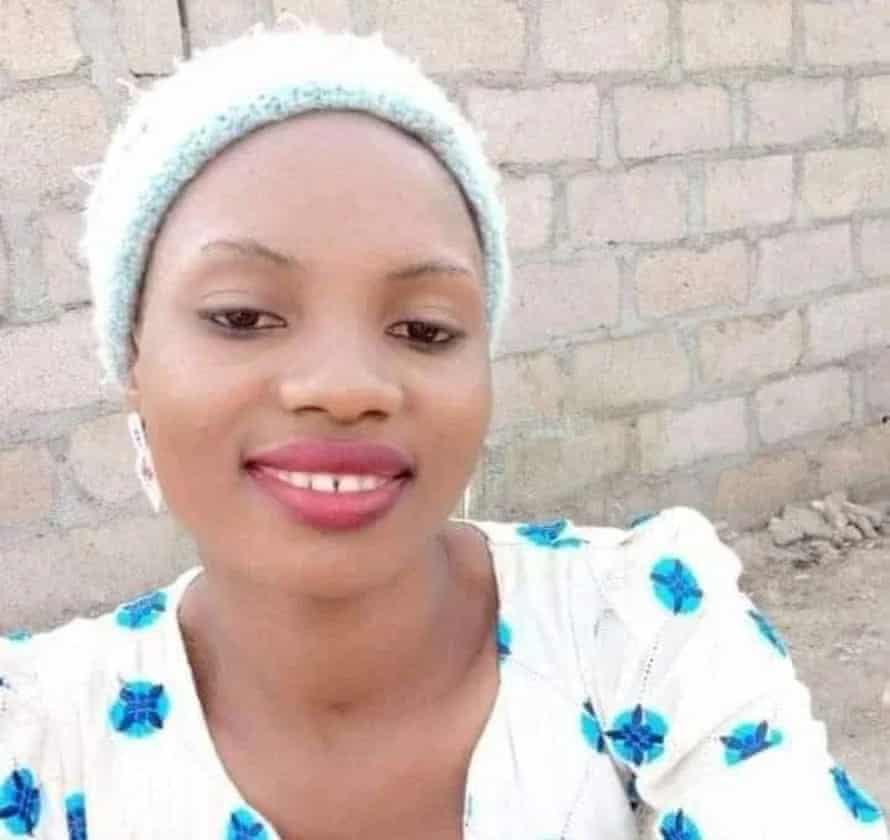
In the midst of the lively banter and laughter with her customers, a man said to be her nephew walked in and jokingly told Amaye that he wanted to marry her “to fulfil the Sunnah.”
Although she responded in kind to contain the playful mood, her words were twisted. Within a twinkle of an eye, the light-hearted exchange took a wistful turn as her words were twisted into an accusation of blasphemy.
What followed was a wave of outrage from young men in the neighbourhood, who seized the matter and dragged Amaye to the district head’s palace.
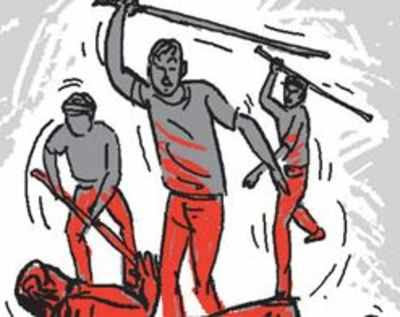
In protest, they marched Amaye around and stomped the palace where she was interrogated and, according to reports, repeated the same words she had spoken earlier.
Though she was handed over to a group of security operatives, the crowd of agitated youths present overpowered the police and unpityingly stoned her to death.
Amaye’s killing is one of the many incidents of mob attacks driven by religious ideology and belief in blasphemy in northern Nigeria, which has repeatedly led to violence despite calls.
“A report was received that one Amaye, a female resident of Kasuwan-Garba in Mariga LGA, allegedly made some utterances considered offensive to the Islamic faith. Her comments quickly provoked anger among members of the community,” Niger state Police command said. “Unfortunately, it led to a mob attack, and the woman was set ablaze before the reinforcement of security teams could arrive at the scene.”
The encyclopedia defined blasphemy as an offence in word, symbol or action against the sacred. A person, an object, a doctrine, or a deity can all be considered sacrosanct. Religions that acknowledge and worship a single god are typically linked to blasphemy.
According to Islamic law (sharia), blasphemy is a crime. In the majority of northern states. States that have included blasphemy in their statute books likewise consider it a criminal crime under Nigerian law. This is true for both northern and southern states.
Civil society organisations have expressed their displeasure at such atrocious activities while stressing the need to quickly investigate and bring perpetrators to book for justice’s sake.
Amnesty International said that blasphemy is often “weaponised to settle personal scores,” saying that at least two other people have been lynched over such accusations in the last three years, with critics pointing out that not enough is being done to prevent the killings that have targeted both Muslims and Christians.
“The menace of mob violence is perhaps one of the biggest threats to the right to life in Nigeria. The fact that these killings have been happening for a long time, with few cases investigated and prosecuted, highlights the authorities’ shocking failure to uphold and fulfil their obligation to protect people from harm and violence,” said Isa Sanusi, the director of Amnesty International Nigeria.
Nigeria is one of 79 countries where there is a law against blasphemy and one of seven where the death penalty is implemented. Under Sharia law, blasphemy is criminalised and carries the weight of death. Twelve Nigerian states, which include Niger, Zamfara, Kano, Sokoto, Katsina and Bauchi, have adopted Sharia penal codes. Others are Borno, Kebbi, Kaduna, Gombe, Yobe and Jigawa.
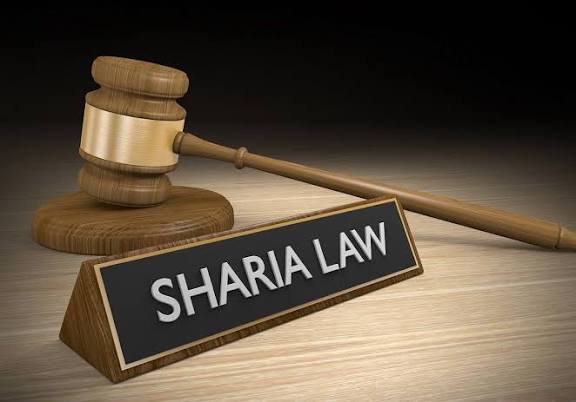
Across these twelve northern states, the chain of murderous mobs spreads.
Despite the constitution’s protection of free speech, Nigeria is still sharply split on issues of justice and religion. The Supreme Court of Nigeria has previously held that accusations of blasphemy must be validated in a court of law.
Butcher Slain in Sokoto Over Faith
Speaking in the blistering heat and sweltering sun of northern Nigeria, where Islam shapes the rhythm of daily life, about Allah or Prophet Muhammad is a journey that treads a fine and sensitive line. It requires weaving words consciously and with caution.
This is because religious disagreement and blasphemous accusations have repeatedly led to loss of countless lives, and this tragedy does not discriminate between Christian and Muslim victims.
Usman Buda, a Muslim butcher in Sokoto state, left home to feed home but he was feasted by the parasite walking human who accused him of blasphemy.
Known for his polemic nature, his murderers accused him of blaspheming the Holy Prophet, but the truth was far different.
On that day, Usman was not mocking or speaking against the Prophet at all. He was cautiously addressing a beggar who had been using the name of the Prophet as a way to plead for alms. Although his words were not an insult, but a sermon, not blasphemy, some of his colleagues misinterpreted and took it out of place.
Before he could say Jack Robinson, he was declared a kafir (a non-believer in Islam) and accused of blasphemy. His words, which were plainly meant as a lesson, were twisted into a crime he never committed. What followed was a storm of fury: a hail of stones hurled at his body, sharp knives thrusted into his skin, tearing his flesh apart. The crowd’s violence was swift and merciless, leaving Usman broken for a sin he had not spoken.
With Usman’s death, the weight of survival now hangs heavily on his family. He had been the breadwinner, and his death has left them helpless, exposed and vulnerable, struggling to move on in a future without a man who bore the burden of the family.
“If we eat, it is because of him. Anything we drink is because of him, and now we have lost him,” said Malam Abdullahi Buda, his octogenarian father. “My major concern is his six children, who are very young; how can I take care of them?”
The Christian Association of Nigeria (CAN) firmly believed in the freedom of religion and the peaceful expression of beliefs. CAN condemned any form of violence and jungle justice in the name of religion.
“Increased efforts to foster religious tolerance, peace, and unity in our diverse society” are needed, according to CAN, which lamented the unfortunate event. It emphasised that it would continuously advocate for the protection of citizens’ rights irrespective of religious affiliations. “We urge religious leaders and followers to promote interfaith dialogue and peaceful coexistence for a harmonious Nigeria.”
Professor Ibrahim Abikan, the President of the Muslim Lawyers Association of Nigeria and a Lecturer, Department of Islamic Law, University of Ilorin, said mob violence and killing from alleged blasphemy is barbaric and un-Islamic.
Explaining that mob killing is against the tenets of the teachings of any religion in the world, Abikan mentioned that there is no consensus about the death penalty that ascribes to the punishment of whoever commits the act of blasphemy.
“There is nowhere in the Islamic religion and our holy books where mobs are allowed to carry out executions or punish an offender. I am saying it authoritatively that it’s a criminal act. Under Islamic law, every accused person must be tried in due process,” he stated.
A report by Amnesty International showed that between January 2012 and August 2023, Nigeria recorded at least 555 victims of mob violence, from 363 documented incidents across Nigeria.
Over the period of this investigation, 57 people were killed by violent mobs; 32 were burnt alive, 2 people were buried alive, and 23 people were tortured to death.
“The menace of mob violence is perhaps one of the biggest threats to the right to life in Nigeria,” said Sanusi, the chief of Amnesty International Nigeria.
He lamented about the length of time these homicides have been occurring, and the paucity of cases which were investigated and prosecuted underscores the authorities’ startling inability to fulfil their duty to safeguard individuals from injury and violence.
From the classroom to cemetery, Deborah killed over a WhatsApp message
“What do you hope to achieve with this?” were the trembling words of Deborah Samuel, a 200-level student of Shehu Shagari College of Education in Sokoto. Her voice, muffled with fear and pain, was drowned out by the blows of sticks, clubs, and machetes crashing on her body. She groaned, but cried out for help, but found no mercy.
In that moment, compassion had vanished. Her attackers were no longer seeing her as a colleague, a daughter, a young woman with dreams, but as an offender who needed to be punished to death. What they saw was blood that they believed must be spilt, a body that should be battered to death and skin that should be stoned.
Just 22 years old at the time, her plea for mercy was defeated by anger and fanaticism.
Deborah’s “crime” was not violence, nor insult, but a simple objection. She had asked her classmates to stop flooding a WhatsApp group with religious messages instead of school-related content.
For that, they accused her of blasphemy. Her words were twisted, her intentions maligned. And demands for retraction quickly turned into demands for her life.
A mob which comprised her peers and young people like herself gathered, and together they displayed an unthinkable horror.
Stones and sticks rained down on her until her body became lifeless. Afterwards, they dragged her corpse, piled tyres and wood over her, and set her ablaze.
Sadly, she was brutally murdered in broad daylight on the very campus she came to learn and build a future.
Although the Sokoto state government ordered the indefinite closure of the school, the violation of Deborah’s fundamental human rights was barely condemned.
The International Federation of Women Lawyers (FIDA) called for a prompt investigation into the incident.
“We must work together to ensure that all offenders are brought to justice and adequately punished in line with our laws, so it serves as a deterrent to others.”
“Government must, as part of its responsibilities, carry out aggressive advocacy and sensitisation programs to educate the society about these rights and freedoms every Nigerian is entitled to enjoy, stressing respect for individual rights, cooperation, understanding, and tolerance.”
